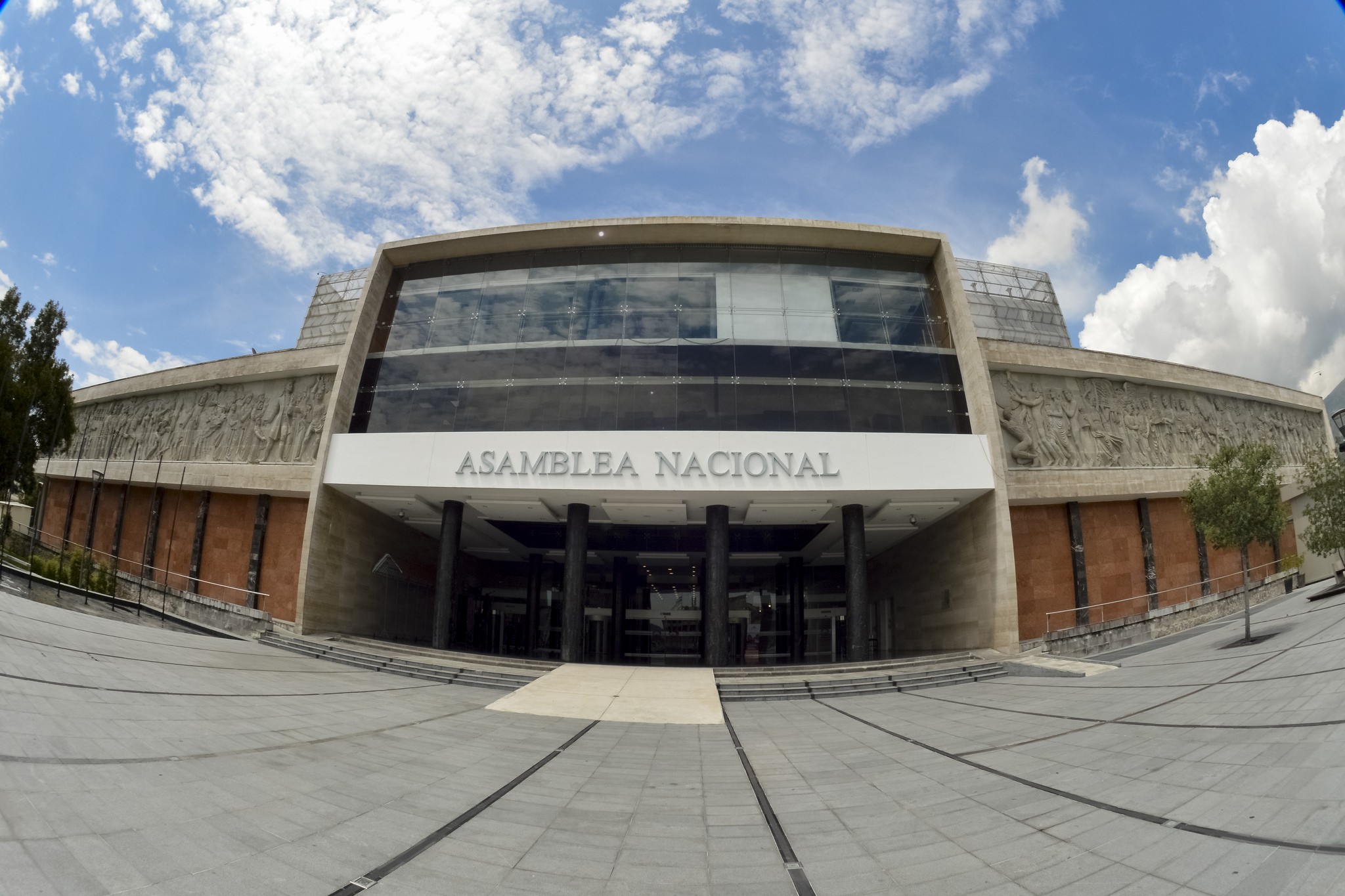MAATE establishes guidelines for the application of the provisions of Constitutional Court judgments 18-IN/21 and 1149-19-JP/20
February 18th, 2022
By means of official document number MAAE-SCA-2022-0206-O of February 2, 2022, the Ministry of the Environment, Water and Ecological Transition (hereinafter the “MAATE“) informed the Ministry of Energy and Renewable Natural Resources (hereinafter the “MERNNR“) and this institution, in turn, to the mining title holders through their local offices, of its guidelines on the applicability of judgments numbers 22-18-IN/21 of 8 September 2021[1] and 1149-19-JP/20 of 10 November 2021[2] of the Constitutional Court (hereinafter the “Court“) with regard to the mechanisms of citizen participation in the processes of environmental regularization (hereinafter the “Guidelines“), the main points of which are summarized below:
- The environmental regularization processes for medium and high impact mining activities, initiated before October 11, 2021, must apply the citizen participation mechanisms in force at such date.
- The environmental regularization processes for medium and high impact mining activities, initiated after October 12, 2021, must apply the mechanisms of citizen participation that will be issued “to strictly comply with sentence No. 22-18-IN/21“.
- Environmental regularization processes for initial exploration mining activities with or without scout drilling in mining concessions under the general regime (medium and large scale) initiated after December 1, 2021, must apply the mechanisms of citizen participation that will be issued “to strictly comply with judgment No. 1149-19-JP/21“.
The MAATE, in the Guidelines, indicates that “it is carrying out the pertinent steps to have these [the regulations] as soon as possible“, without indicating a date for their issuance by the President of the Republic.
It should be noted that the Court, in its judgment 1149-19-JP/20 of November 10, 2021, determined “the constitutional standards for the execution of the environmental consultation“[3], which are summarized below:
- The consulted party will be a community whose environment may be affected by a state decision or authorization, without any other requirement necessary.
- The consulting party will be the State, non-delegable to private natural or legal persons or international organizations, with the accompaniment and supervision of the Ombudsman’s Office and the participation of the corresponding sectional governments.
- Environmental consultation should inform the community broadly. The information that the State provides to the affected communities must be accessible, clear, objective, and complete, in such a way that the communities can fully understand the scope and implications of the decision or State authorization consulted before its adoption[4].
- The environmental consultation must inform the community in a timely manner. The Court emphasizes that the environmental consultation must be prior: “[…] the environmental consultation shall be carried out at least before the issuance of the environmental registration and before the environmental license“[5]; “it should incorporate elements of the right to prior consultation with indigenous peoples, such as its prior nature and good faith“; and “[…] it is the obligation of the competent public entities to carry out the environmental consultation as soon as possible and before adopting the decision or issuing the state authorization that may affect the environment, allowing the deliberation of the community”.[6]
- Environmental consultation is free and must be conducted in good faith. That is, without “[…] pressure, intimidation, coercion, or manipulation of the community consulted […] ” and that the environmental consultation “[…] must be aimed at reaching agreements with the community, within a framework of dialogue, transparent, full and equitable participation […]”. In addition, citing judgment number 22-18-IN/21, the Court emphasizes that “dialogue cannot start with a decision previously taken. “
Finally, the Court indicates that, despite what is indicated in article 398 of the Constitution[7], “[…] the decision whether or not to execute the project cannot violate the standards developed in this judgment and must apply the precautionary or preventive principle, depending on which one is applicable”.
For more information, do not hesitate to contact us.
[1] This ruling determines the unconstitutionality of articles 462 and 463 of the Regulations to the Organic Code of the Environment.
[2] By means of this judgment it was established that “in the case of state authorizations and decisions that may affect the environment and are related to medium- and large-scale mining activities, such as the case under analysis, the environmental consultation must be carried out at least before the issuance of the environmental registration and before the environmental license.“
[3] Paragraphs 272 onwards.
[4] According to the Court, “[t]he Obligation of the State to conduct an environmental consultation that reports widely is not exhausted in the duty to provide access to information, but must also ensure that the community can know the possible risks, including those environmental and health, so that it can comment on any decision or state authorization that may affect the environment.” In addition, citing the Escazú Agreement, it indicates: that “[…] the public resale right should include “the opportunity to submit comments by appropriate and available means […]”.
[5] By order clarifying and extending judgment 1149-19-JP/20 of 10 November 2021 from 21 December 2021 to order clarifying and extending to judgment 1149-19-JP/20 of 10 November 2021, the Court stated that “In order to guarantee active and permanent participation in environmental matters guaranteed by the Constitution, the Court considers that, in the case of state authorizations and decisions that may affect the environment and are related to medium- and large-scale mining activities, such as the case under analysis, the environmental consultation must be carried out at least before the issuance of the environmental registration and before the environmental license.”
[6] In addition, the Court indicates that “[…] the environmental consultation is prior is not limited to the fact that it is carried out before the decision or authorization, but that the community is given sufficient time to access the information, socialize it and debate it internally, before issuing a pronouncement.”
[7] Article 398, Constitution of the Republic: “If the aforementioned consultation process results in a majority opposition of the respective community, the decision to execute or not the project will be adopted by duly reasoned resolution of the corresponding higher administrative instance in accordance with the law.“.





Leave a comment